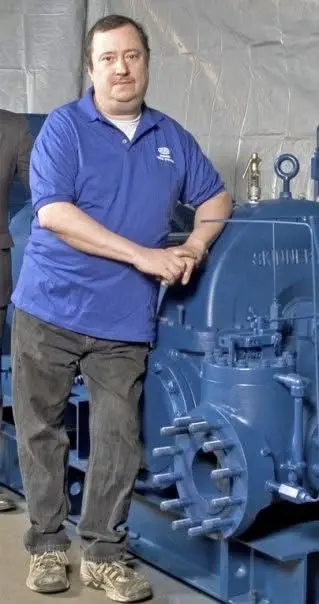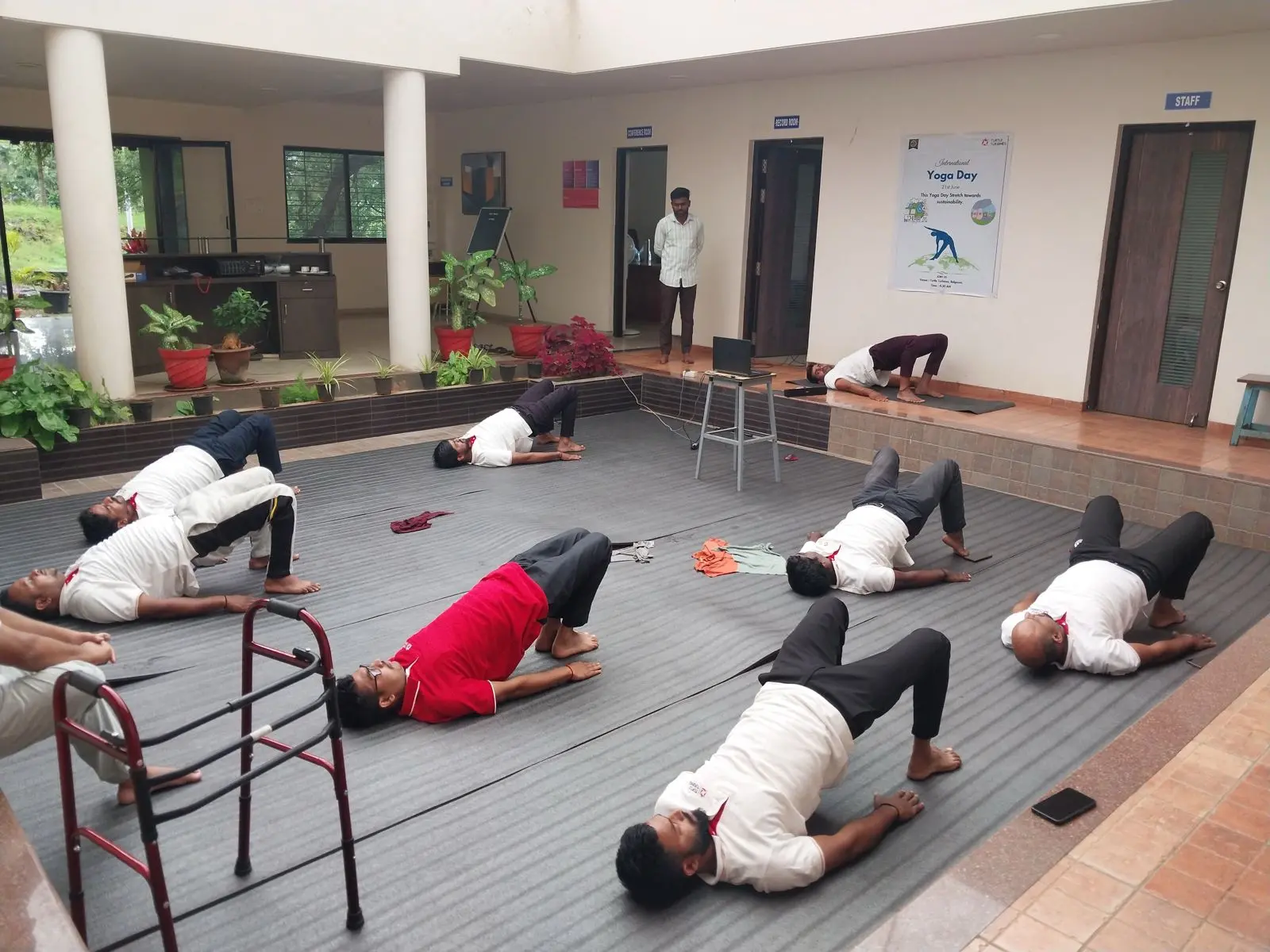Rice mills in Bihar are increasingly using steam turbines for rice mills to improve energy efficiency and reduce emissions. Instead of relying entirely on electricity or fossil fuels, these mills can capture waste steam from processes like parboiling and drying to generate power. This approach lowers energy costs while supporting cleaner operations.
Many rice mills face high fuel costs and irregular electricity supply. By installing steam turbines for rice mills , facilities can produce their own energy through cogeneration. This ensures continuous operations, reduces dependence on external power, and makes the milling process more cost-effective, all while lowering carbon emissions.
Government initiatives are encouraging the adoption of cleaner energy solutions, and steam turbines for rice mills help meet these objectives. Using modern turbine technology allows mills to extract more energy from steam, improving overall efficiency and reducing greenhouse gas output. This approach provides both financial and environmental advantages.
As more rice mills in Bihar implement steam turbines for rice mills , the industry benefits from reduced energy costs, lower emissions , and better use of available resources. These turbines help mills operate efficiently, maintain production quality, and move towards cleaner industrial practices that benefit the region and the environment.
Turtle Turbines is one of the most reputed steam turbine manufacturers from India for power generation, suitable for operation on the saturated and superheated steam boilers operating in various industries. Based in India, the company focuses on providing sustainable solutions for power generation and configurations to meet the needs of different applications. For more information please visit on www.turtleturbines.com
Meta descriptions :
Explore how steam turbines for rice mills in Bihar help lower energy costs and reduce emissions . By capturing and using waste steam from parboiling and drying, these turbines generate power efficiently and minimize fuel use. Implementing modern turbine technology ensures smooth operations, better energy management, and cleaner.




